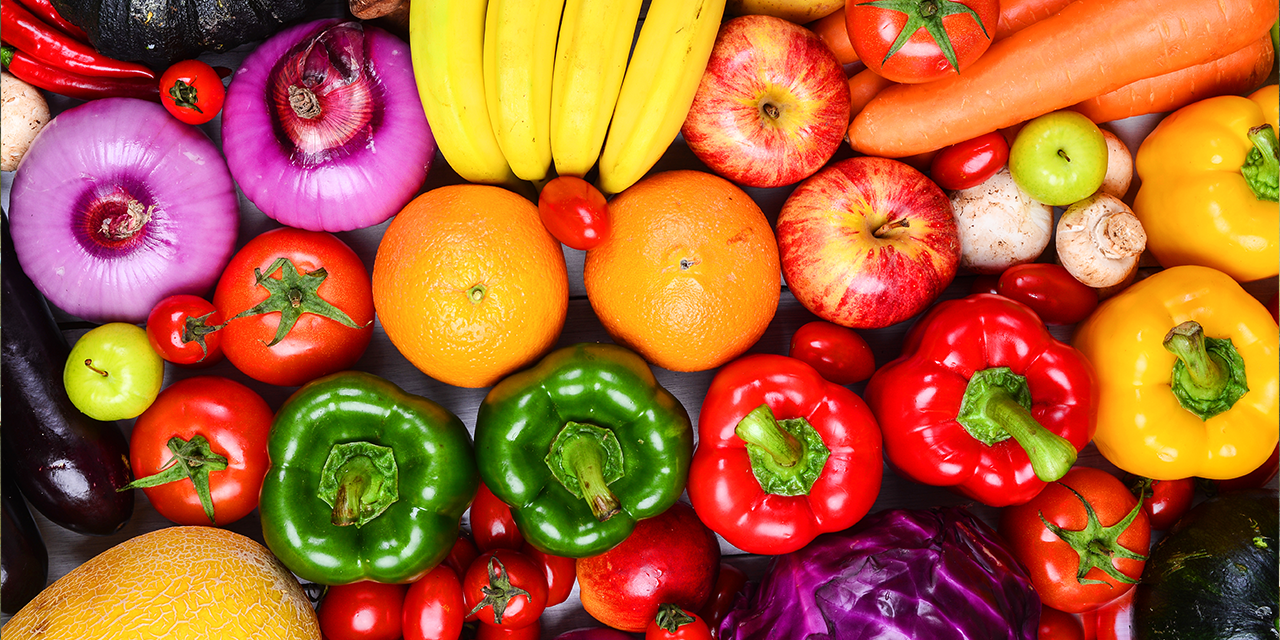[popup title="Shedule an Appoitment" padding="30" button="1"][contact-form-7 id="1379" title="Quick Contact"][/popup]
Why are the magnesium levels so low?

Most people today have low levels of magnesium. While low magnesium levels can present with cramps, headaches, muscle pain, many people do not show any obvious symptoms. Many of us have low magnesium levels and we are not even aware of this. Moreover, laboratory tests are unable to diagnose the absence of magnesium unless it is markedly low. Magnesium is so important for our lives and our health that its levels are almost normalized by extracting immediately from bones and/or by reducing excretion in order to keep its levels stable.
So what happened that led to our magnesium levels to this state?
- The amount of magnesium we get from foods has been reduced:
- We consume non-nutritive foods containing refined carbohydrates
- Consumption of raw vegetables and green leafy vegetables decreased
- Magnesium coming from the soil has been reduced due to the very short amount of time plants grow (due to the use of artificial fertilizers)
- Soil magnesium levels have dropped due to the loss of worms and bacteria in the ground (because of pesticides)
- We cook and boil food/vegetables more than necessary. The magnesium in the vegetables gets lost with water.
- We consume processed grains. The most nutritious part, shells are discarded during processing.
- The high phosphate in drinks reduces/prevents magnesium absorption
- High saturated fat containing foods reduce the absorption of magnesium
- Calcium replacement in patients with osteoporosis reduces the absorption of magnesium and facilitates its elimination from the kidneys
- Consuming coffee increases magnesium excretion from the kidneys
- Consuming too much alcohol accelerates magnesium excretion
- Using too much salt increases magnesium excretion from the kidneys
- Proton-pump inhibitors (PPI) reduce magnesium absorption
- Diuretic blood pressure medications increase magnesium excretion from the kidneys
How to raise your magnesium levels:
- Reduce your consumption of refined carbohydrates
- Limit your coffee consumption
- Do not drink carbonated beverages
- Consume whole grain products (sans gluten if possible)
- Eat plenty raw, leafy green vegetables and other vegetables
- Consume organic vegetables
- Increase your consumption of pumpkin seeds, sunflower seeds, and nuts
- Increase your consumption of salty water fish and seafood
- Eat dark chocolate with a chocolate ratio of over 80%
- Reduce your saturated fat consumption
- Do not use salt
- Drink alcohol sparsely
- If you use a calcium replacement, PPI and/or diuretic blood pressure medications, consult your doctor about magnesium supplementation.
- If you have migraines, fibromyalgia, and muscle cramps, consult your doctor about possible magnesium supplementation.

